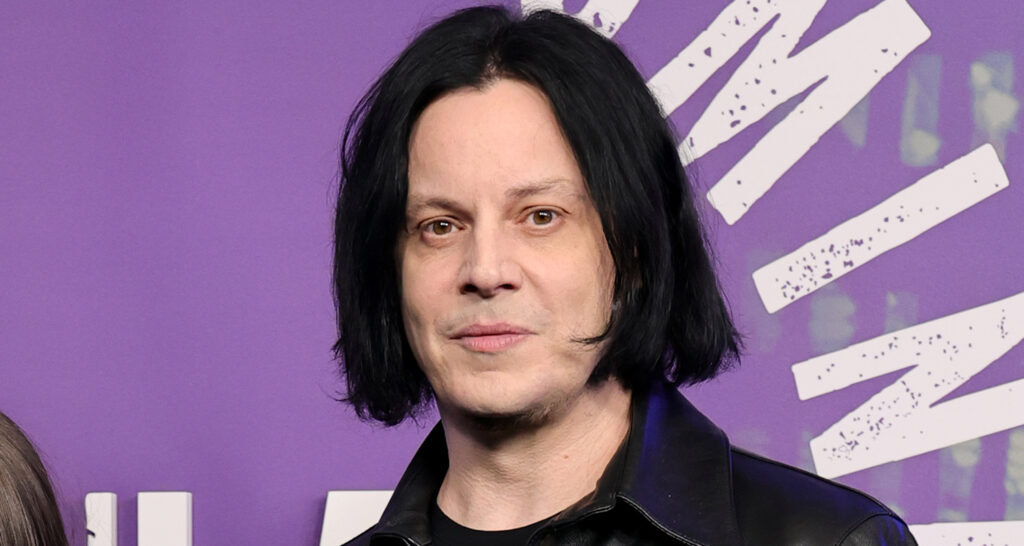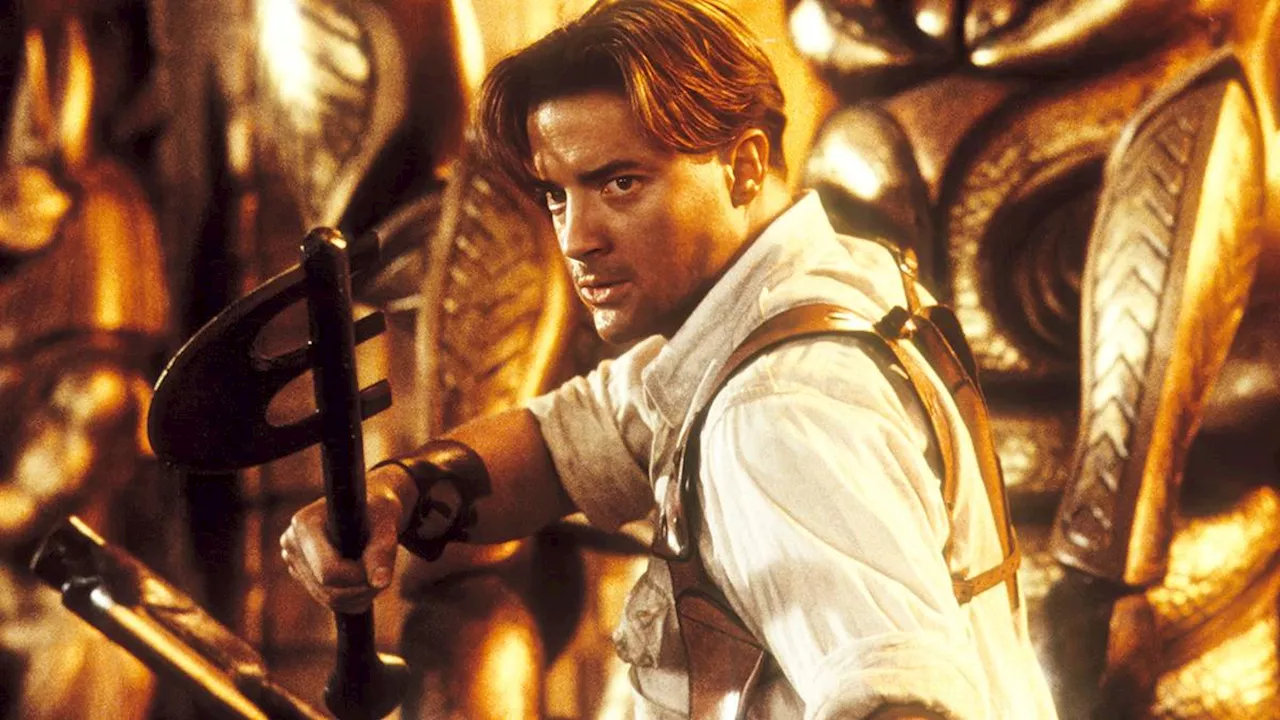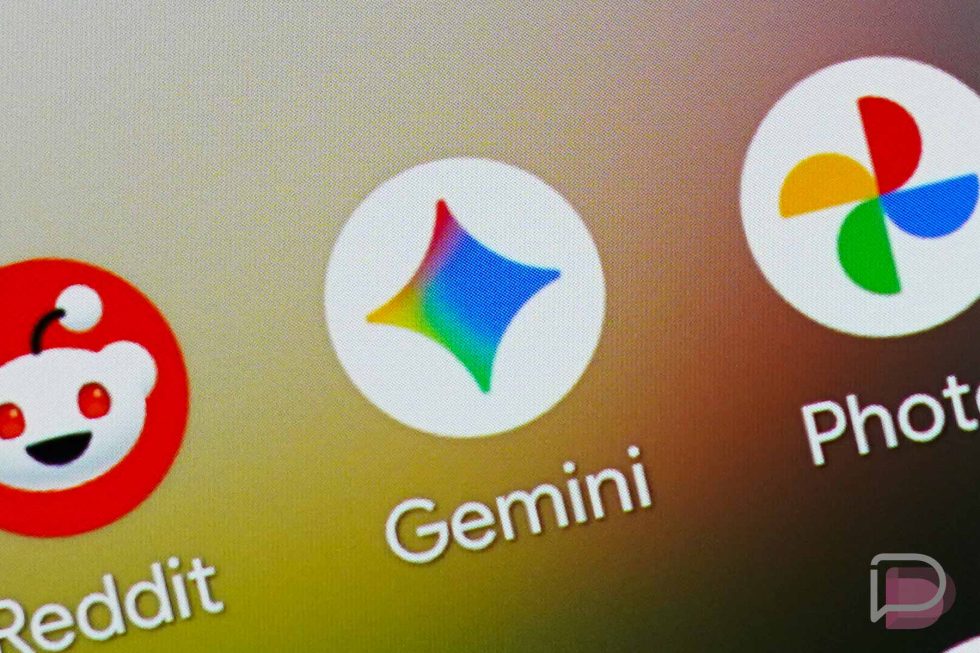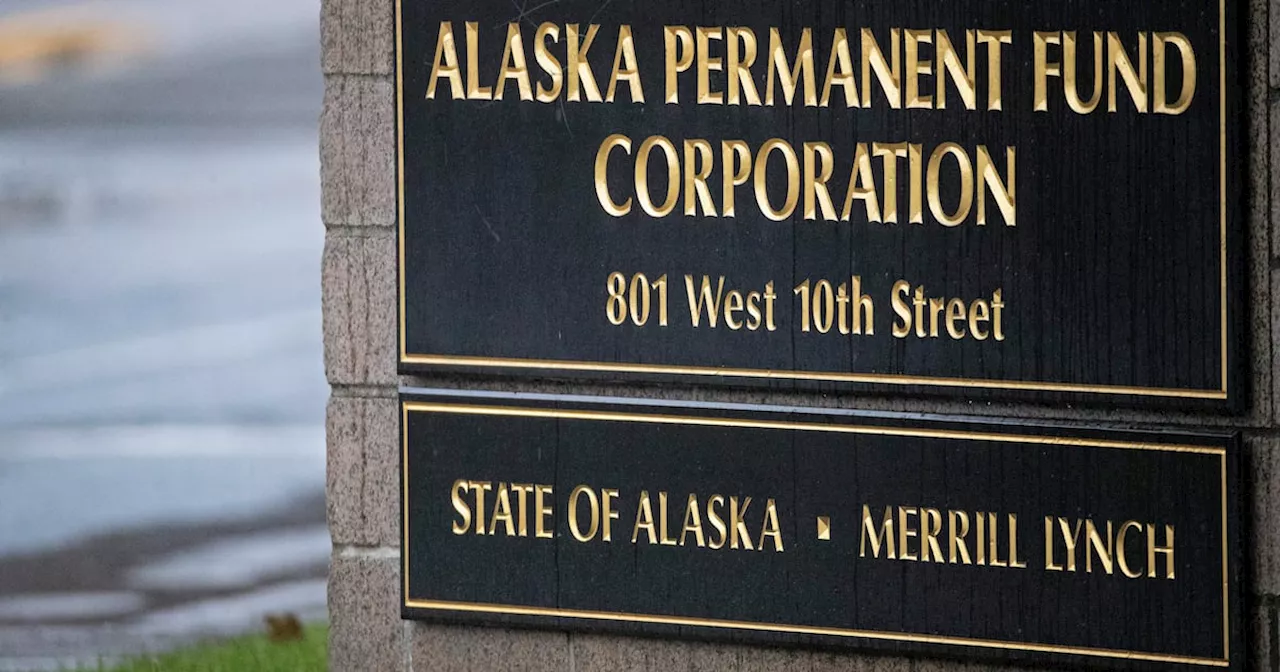
Musician Jack White has publicly responded to remarks made by the White House, which labeled him a “washed up, has been loser” following his critical comments about former President Donald Trump. The exchange has garnered significant attention, highlighting the often contentious relationship between artists and political figures in the current climate.
The controversy began when White expressed his disdain for Trump’s policies and actions during a recent interview. His remarks, which were shared widely on social media, caught the attention of the White House, leading to an unexpected retort. In a statement, a representative from the White House dismissed White’s credibility, prompting the musician to defend his position.
White reacted sharply to the White House’s characterization, stating that he stands by his comments. “I will not be silenced by anyone, especially not by a political establishment that doesn’t value the voices of artists,” he declared during a performance in Washington, D.C.. His response resonates with many fans who view artistic expression as a vital component of political discourse.
The altercation has not only intensified discussions about art and politics but also about how public figures engage with one another. White’s remarks echo a broader sentiment among artists who feel marginalized by political narratives. With social media amplifying these exchanges, artists are increasingly using their platforms to voice dissent and advocate for change.
In a related event, JD Vance, a U.S. senator from Ohio, faced heckling while making an appearance at DC Union Station. This incident underscores the charged atmosphere surrounding political figures and their interactions with the public, particularly in light of recent events.
Meanwhile, in the entertainment sphere, director James Gunn has addressed the challenges of recasting actors in the DC Universe during an interview, emphasizing the delicate balance between maintaining continuity and introducing new talent. This discussion highlights the complexities of creative decisions in the film industry, especially in a landscape where fan engagement is paramount.
Additionally, reality television star Jenelle Evans has revealed her earnings from her OnlyFans account, providing insight into the evolving monetization strategies for content creators in today’s digital economy. Her transparency about financial success reflects a growing trend among public figures leveraging personal platforms for income.
As the discourse around creativity and politics unfolds, it remains to be seen how these interactions will shape public perception. Jack White‘s response serves as a reminder of the powerful role that artists play in challenging political narratives and advocating for change through their work.







